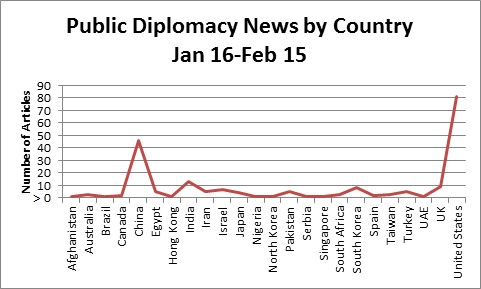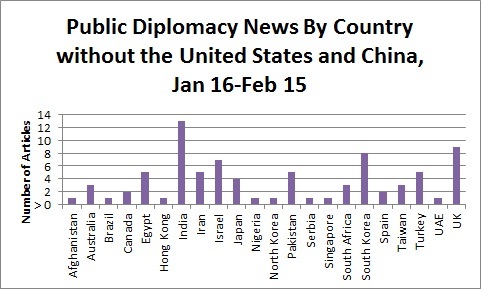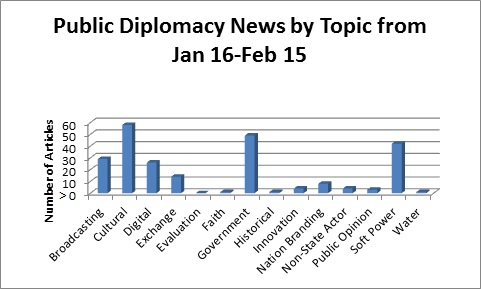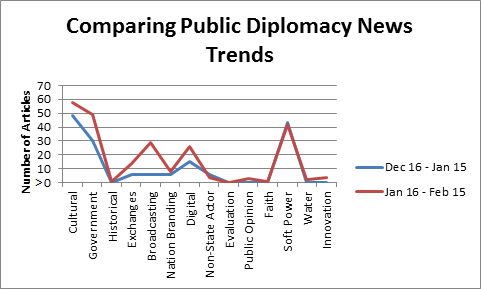PD Snapshot: Looking Towards the Future
The future of public diplomacy depends on two key factors: the willingness of policymakers to make it a more prominent part of international relationships; and the ability of public diplomacy professionals to increase the sophistication of their work.
These two contingencies are closely related. Too many policymakers remain skeptical about the impact public diplomacy can have. There exists a tendency in some policy circles to dismiss much of public diplomacy as being simply a “nice” facet of foreign affairs – an attempt to wrap a fluffy soft-power cloak around the hard-power initiatives that really matter. That this opinion illustrates a deeply flawed understanding of the way today’s super-connected world works does not deter its proponents.
The second point, about public diplomacy professionals enhancing their own efforts, will be even more determinative of the future of public diplomacy. To be of real value, public diplomacy must have clear strategic purpose; it must significantly advance the foreign policy goals of the state. This means that international broadcasting, cultural and educational exchanges, and joint ventures with other countries must be seen to have realpolitik substance.
The accompanying charts illustrate the breadth of global public diplomacy activity and the range of topics that fall within the scope of this field. The unevenness among players is instructive. Among rising world powers, India is exceptionally active, while Brazil apparently does relatively little. Along with the United States, China recognizes that superpower status requires making an effort to develop public diplomacy programs.
Activity, however, does not necessarily signify success. China has invested more money in its public diplomacy venues than any other country has, and yet it remains unclear as to whether this work has advanced China’s quest for greater international respect and influence.
Nevertheless, China’s enthusiastic effort has caught the attention of the foreign policy leadership in other countries and has led them to debate whether public diplomacy might be worth more consideration than it has so far been given. The future of public diplomacy will be largely determined by the outcome of that debate.




Tags
Issue Contents
Most Read CPD Blogs
-
January 29
-
January 20
-
January 28
-
February 6
-
January 8
Visit CPD's Online Library
Explore CPD's vast online database featuring the latest books, articles, speeches and information on international organizations dedicated to public diplomacy.









Add comment